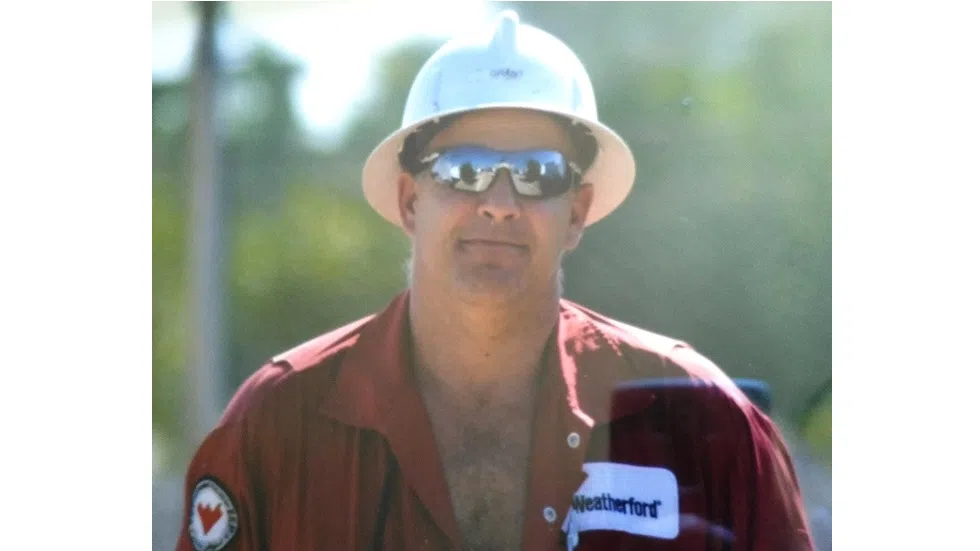
Rocky-area man’s death highlights need for cardiac services in Red Deer
Lillian Hay says her family will never know whether having a cardiac catheterization lab in Red Deer would’ve saved her husband’s life, but wishes they could’ve found out.
It was a snowy night in March when Grant Hay, 55, was returning home from a grueling day at work feeling nauseous and experiencing shortness of breath.
Lillian, a Registered Nurse for 32 years, drove him to the nearby hospital in Rocky Mountain House where doctors realized he was having a heart attack and treated him with clot-busting drugs, which were ineffective.
From there, a glaring gap in healthcare in central Alberta is what will leave the Hay family forever wondering ‘What if?’


